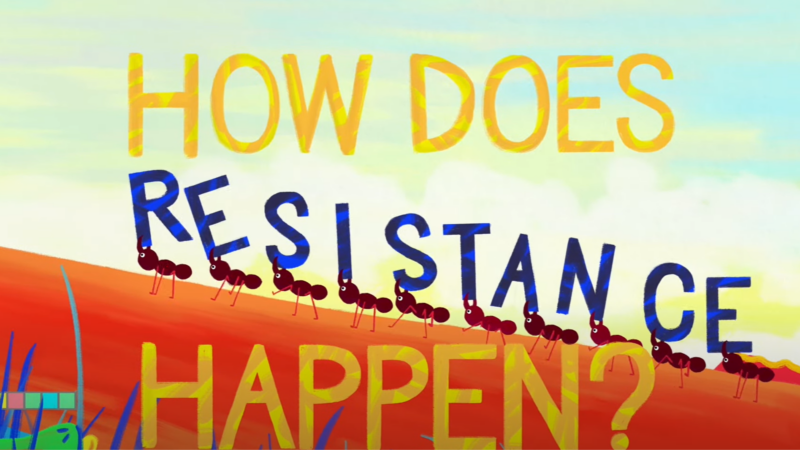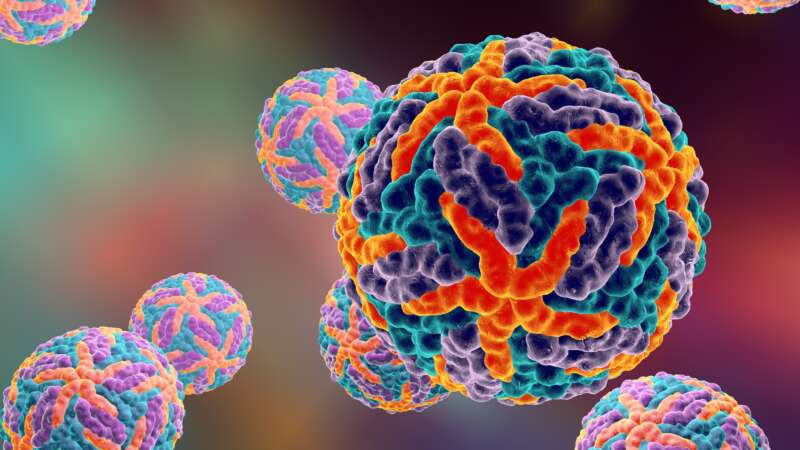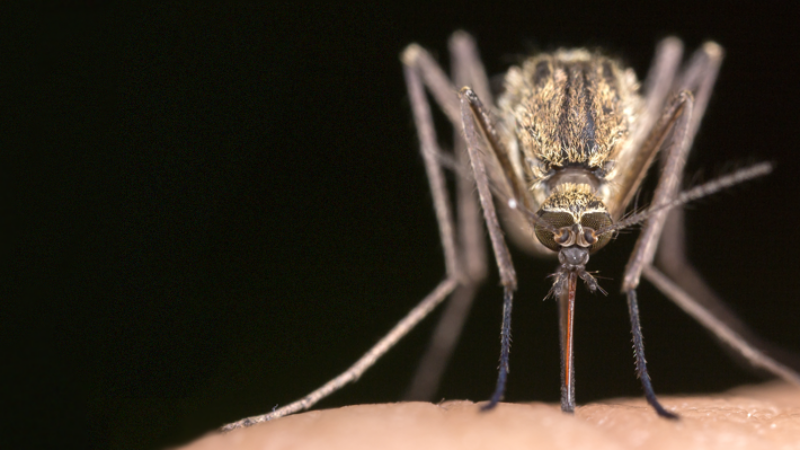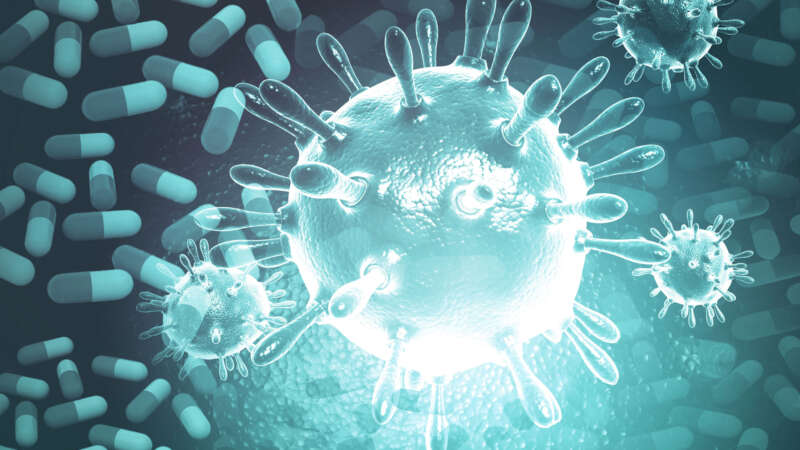resistance
The Economics of Resistance
It would be extremely difficult to calculate, with any high degree of accuracy, the global economic impact of insecticide resistance. For starters, we must consider that insect management plays a pivotal role in a variety of sectors – agriculture, home and garden, forestry, structural applications, and vector control. Analysis of the totality of economic impacts arising from resistance in any one of these sectors quickly becomes a complicated interplay of variables that interact within that given system.
To account for the full economic impact, one must layer in the amount being spent on insect management and how much of that investment is lost to resistance, but also the economic impact of losses to the overarching objectives of a given program.
To calculate the impact, you must first calculate what is at risk.
How Does Insecticide Resistance Happen?
Check out this video by MalariaGen focusing on how natural selection drives insecticide resistance relating to malaria.
Resistance in the Limelight
Doctor Shinji Kasai’s recent publication on the combined effects of three knockdown resistance (kdr) mutations in Aedes aegypti sparked media frenzy. He demonstrated the causal relationship between specific genes & pyrethroid sensitivity in mosquitoes.
The study improved understanding of insecticide resistance evolution & opened new strategies to control mosquito populations & reduce disease spread. Kasai’s latest paper on super-insecticide-resistant dengue mosquitoes caused a stir in the media, revealing high levels of pyrethroid resistance in field populations.
The Economics of Resistance
It would be extremely difficult to calculate, with any high degree of accuracy, the global economic impact of insecticide resistance. For starters, we must consider that insect management plays a pivotal role in a variety of sectors – agriculture, home and garden, forestry, structural applications, and vector control. Analysis of the totality of economic impacts arising from resistance in any one of these sectors quickly becomes a complicated interplay of variables that interact within that given system.
Insecticide Resistance in Arthropods
Insecticide resistance is a global problem that poses mounting challenges to human health. Insects’ ability to quickly adapt to chemical interventions renders products ineffective and undermines pest management efforts in both agriculture and public health. This compromises our capacity to produce a safe and affordable food supply while impairing our ability to safeguard society against crippling or even fatal vector-borne disease.
Resisting Resistance
In biological terms, resistance can be defined as the natural ability of an organism to withstand a damaging agent or adverse condition. Animals, plants, and microbes have all demonstrated the ability to develop resistance, with either positive or negative outcomes, depending on the interaction.
It All Started with a Gift
Merck’s commitment to donate ivermectin for onchocerciasis control in the late 80s was only the beginning of the challenge to deliver the intervention to those …





